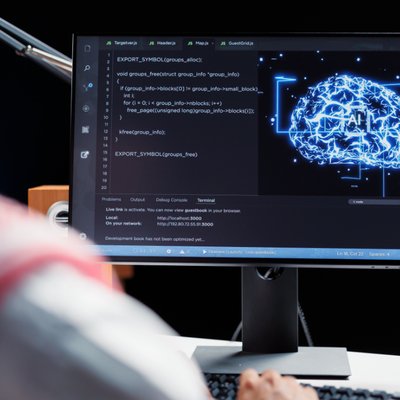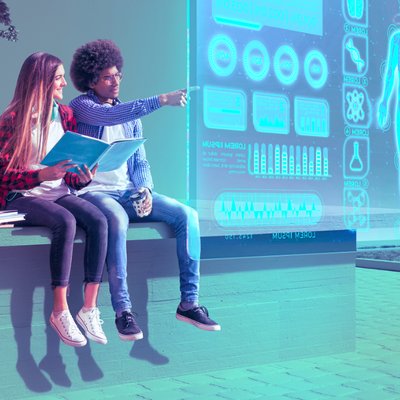AI Layers in Education: Transforming Learning Through Purpose-Built Technology
As artificial intelligence matures, it’s transforming education through a unique and strategic concept: the AI tech stack or, more aptly, the "AI learning layer."

As artificial intelligence matures, it’s transforming education through a unique and strategic concept: the AI tech stack or, more aptly, the "AI learning layer."

The rapid integration of AI in EdTech has brought about significant advancements, but it also presents challenges, particularly concerning inclusivity and effectiveness.

Explore seven transformative ways AI is propelling this revolution forward, gaining deeper insights into the pathway to success.

As AI-based tools become increasingly prevalent, educators are faced with the imperative task of guiding students through this technological landscape.

The proliferation of artificial intelligence (AI) technologies has ushered in a new era of innovation, impacting various sectors, including education.

In the current era of educational discussions filled with common talks about EdTech, it's crucial to explore beyond the widely covered topics.

The traditional model of long-term courses encounters challenges such as high dropout rates and questions about relevance in the face of swiftly changing skill demands.

As we look ahead to prepare students for an AI-driven future, understanding the profound impact of AI on education becomes paramount.

Artificial Intelligence is a driving force behind innovation and transformation. It has become an integral part of our daily lives, reshaping not only how businesses serve their customers but also revolutionizing education and healthcare.